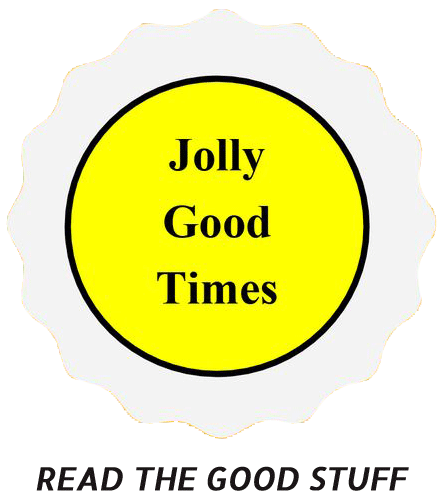"Do Not Use Very (Vol 1)"
Post on: April 18, 2018
During my school days whenever I was assigned to write compositions, I would be stumped when I had to describe something much intense than the word I had in mind. An example — when I needed to describe an extremely dry area, I will use “very dry”. I would then muse if I could have articulated it more aptly. I wonder if such an example rings a bell.
An interesting quote to note… “VERY is the most useless word in the English language and can always come out. More than useless, it is treacherous because it invariably weakens what it is intended to strengthen. For example, would you rather hear the mincing shallowness of ‘I love you very much’ or the heart-slamming intensity of I ‘love you’?” — Florence King.
Wow! what a profound quotation — however we do not advocate the total eradication of the word “very”. Nevertheless, we have compiled some common words where “very” can be avoided. Alternatively, use —
1. Very Dirty – Squalid
2. Very Calm -Serene
3. Very Beautiful – Exquisite
4. Very Hot – Scalding
5. Very Wide – Expansive
6. Very Happy – Jubilant
7. Very Thin – Gaunt
8. Very Ugly – Hideous
9. Very Hungry – Ravenous
10. Very Old-fashioned – Archaic
11. Very Tight – Constricting
12. Very Quick – Rapid
13. Very Soft – Downy
14. Very Shiny – Gleaming
15. Very Perfect – Flawless
16. Very Wise – Sagacious
17. Very Smelly – Pungent
18. Very Noisy – Deafening
19. Very Small – Petite
20. Very Risky – Perilous
On hindsight, I could have simply used “Parched” instead of “Very Dry” in my example — Stylo?
The Jolly Good times hopes these words come in handy in your everyday usage (especially for students). Invite your kakis (friends) to Like us on our Facebook.
#JollyGoodTimes #DoNotUseVery #ShajiThomasVarughese
https://www.facebook.com/jollygoodtimes.org/
Image: George/JollyGoodTimes




